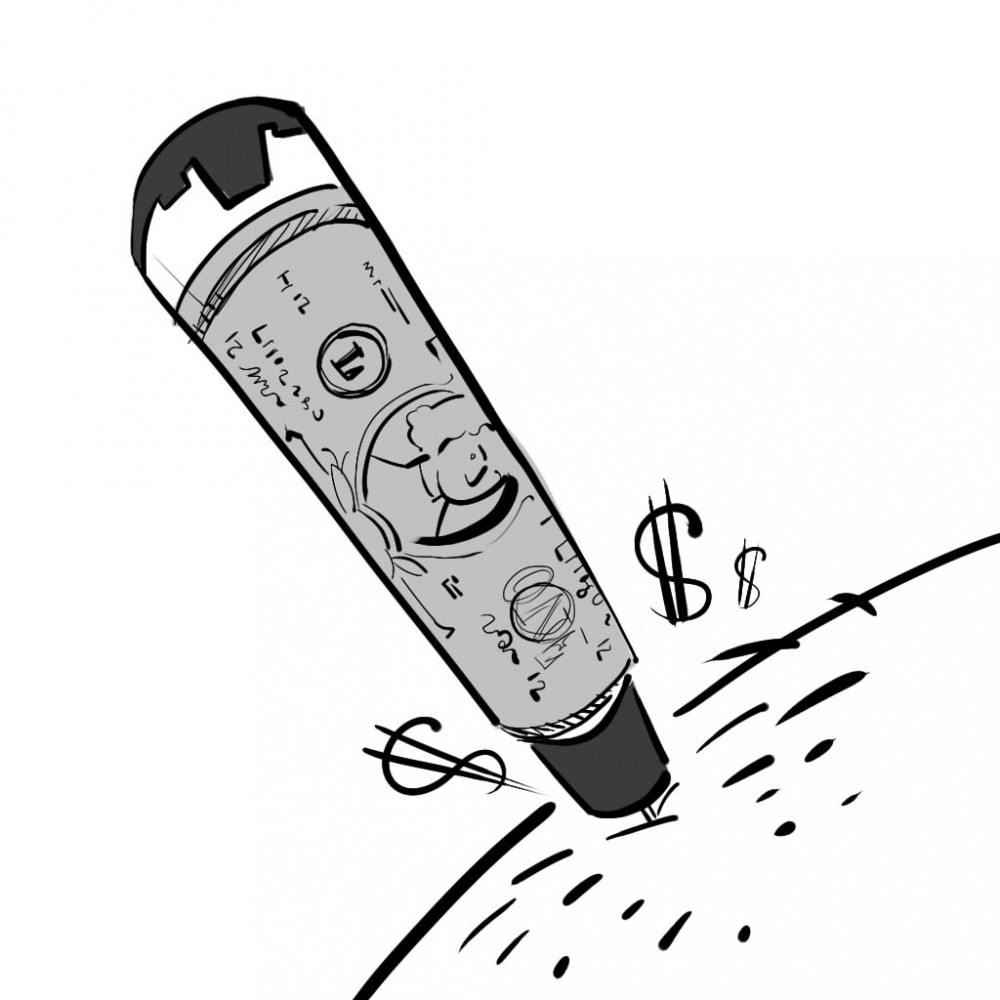The life-or-death drug should be accessible to all
Drugs like epinephrine, which some peoples’ lives depend on in emergencies, should be accessible to all.
You can’t put a price on living, yet that’s exactly what the American pharmaceutical company Mylan did when they raised the price of EpiPens to $600.
This makes the editorial board furious.
Columnist Neeta Patwari is very aware of the importance of the affordability of these drugs.
“It started as an itch, but it quickly grew into a series of hives all over my body that I could not bear,” Patwari said. “Soon, I couldn’t feel my face, and everything felt numb except my stomach that hurt so badly. I was going to faint, and my eyesight was oscillating between sharp and blurry. My parents didn’t know what to do, and I couldn’t breathe.
“In the 10th grade, I had my first allergic reaction. Since then, I have had three severe allergic reactions. Those were three occasions where I had to take the EpiPen, and without which, I don’t know what would have happened.
“For the last four years, my life has included obsessively checking the labels of food, turning down dinner dates at certain restaurants and checking to ensure that I had two EpiPens at all times.”
The EpiPen is an autoinjector of epinephrine, which helps increase blood pressure, relax muscles in the lungs and increase heartbeat.
The use of the autoinjector means instead of filling a syringe with epinephrine, which was the only option before the EpiPen, the patient can inject themself in a quick and painless matter.
EpiPens are a highly profitable source of income for Mylan, creating 50 percent of their profits in 2014.
However, the spike in prices for the product shows that this profit wasn’t enough for Mylan.
Since 2007, the price has risen from $57 per EpiPen to $600 for a pack of two.
What makes it even more ridiculous is that the cost of epinephrine is only $1 per unit.
As college students who aren’t swimming in a pool full of spare change, this kind of price hike should make us angry. This company is unfairly putting a price on life.
After news of the upsurge spread, Mylan defended their price hike by saying that EpiPens are covered by most insurance plans. They even offered a coupon to take $100 off the cost of the medication.
The problem with this system thought is that individuals with no insurance or plans with incredibly high deductibles are increasingly likely to pay for the majority of the cost out of pocket.
While the company has promised to release a new generic form of the medication in the next few weeks, the price still stands at $300.
In theory, this is the free market. Consumer demand determines the value of a product, and companies set the price based on that. However, in pharmaceuticals, that demand is based on needs, not wants.
Therefore, Mylan can raise the price without losing sales because more and more people need them. Some children and college students are lucky enough to be on their parents’ health care plans, but what about afterward? A medication shouldn’t prevent someone from being able to pay for rent or food.
We at the editorial board are thankful for EpiPens, and we are not denying that they are lifesavers.
But something has to be done to alleviate the cost for those who simply can’t afford it.
This could leave hundreds of thousands of people without a life-saving drug who are susceptible to allergens wherever they go.
In the end, it is Mylan who will have to carry the deathly burden of greed on their own back.




